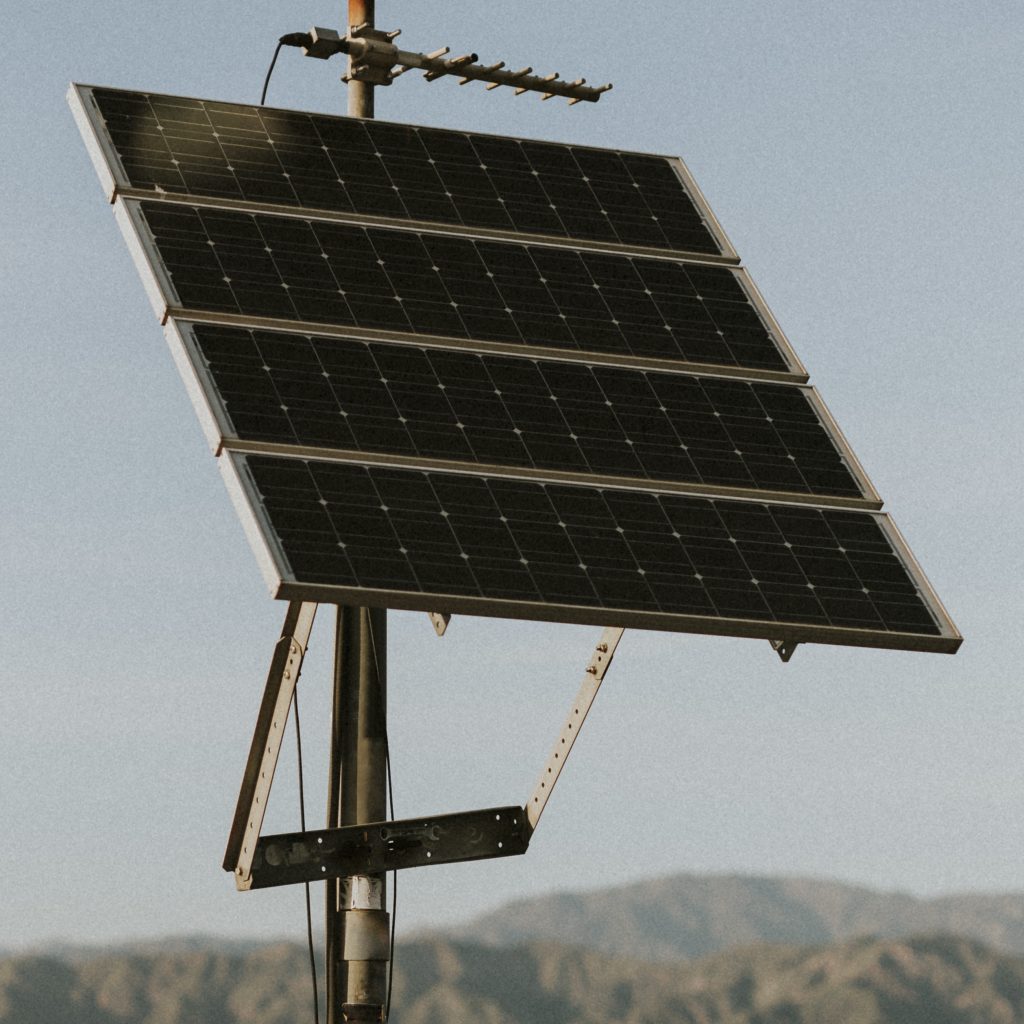Solar power has become an increasingly popular energy solution in Kenya, but myths and misconceptions still hold some people back from fully embracing it.
The more people understand Solar’s true potential, the more they can benefit from clean, renewable energy and contribute to a greener Kenya.
Let’s tackle five common myths about solar power and set the record straight with facts:
COST
One of the biggest misconceptions is that solar power is too expensive for the average Kenyan household. While the upfront cost of installation may seem high, prices have dropped significantly over the years, and financing options make it more accessible than ever. The Kenyan government and private companies also offer subsidies, and payment plans to ease the initial investment.
In the long run, solar power saves money on electricity bills, as households eventually become less dependent on costly grid electricity.
EFFICIENCY IN SEVERE WEATHER CONDITIONS
Another myth is that solar power isn’t viable during cloudy or rainy days. Kenya enjoys an abundance of sunshine year-round, making it an ideal location for solar energy. Solar panels are designed to operate even in low-light conditions, although they work best in direct sunlight.
Additionally, solar systems with battery storage allow households to store excess energy generated during sunny days for use when the sun isn’t shining as brightly.
MAINTENANCE
A third misconception is that solar panels require a lot of maintenance. Modern solar panels are highly durable and low maintenance, designed to last for 20 to 30 years with minimal upkeep. Regular cleaning to remove dust and occasional inspections to check for any signs of damage are typically all that’s needed.
Many companies, including Waterlift Solar, provide maintenance packages to help customers keep their panels in top condition.
POWER SUPPLY
Many also believe that solar power can only provide partial energy solutions, unable to meet all household or business needs. This is outdated thinking. Advances in solar technology mean that systems can now power entire homes, including appliances, lighting, and electronics, provided they’re designed to match the home’s energy consumption.
With proper sizing and configuration, solar systems can even handle power-intensive operations in businesses and schools.
REALIBILITY IN BUSINESSES
Lastly, some people think that solar power is only beneficial for households and not for commercial enterprises. On the contrary, many Kenyan businesses, from small shops to larger enterprises, have benefited from solar power’s cost savings and reliability. For businesses facing frequent power outages, solar provides a stable energy source that reduces operational disruptions, helping improve productivity and cutting energy costs.
By dispelling these myths, more Kenyans can embrace the benefits of solar energy. Waterlift Solar offers consultations to answer questions and guide customers in choosing the best solutions for their specific needs, whether residential or commercial. Solar energy is an investment in both environmental and economic sustainability, offering reliable power for today and the future.
